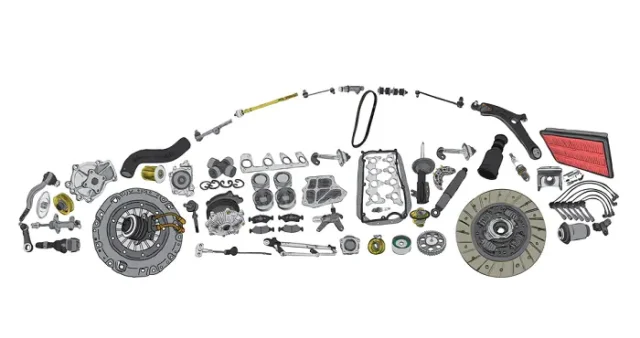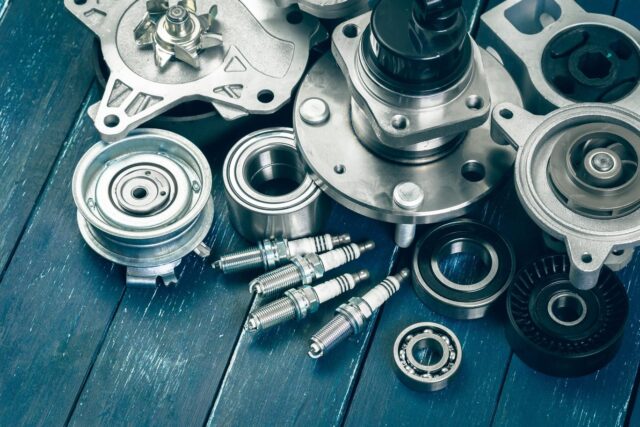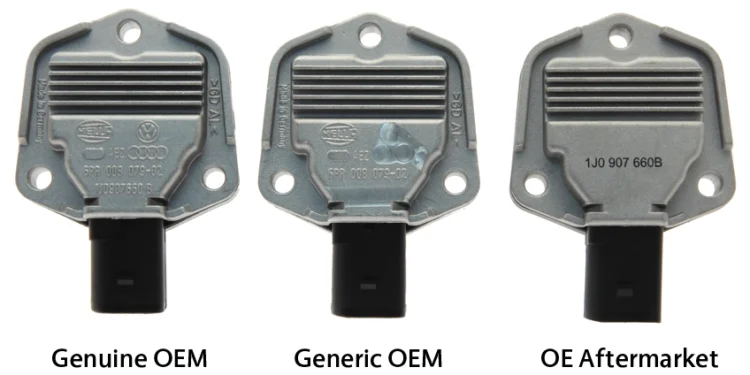Original equipment manufacturer (OEM) parts are factory-made components that are specifically designed and manufactured by a particular car company. They are usually more expensive than aftermarket ones, but they can be more reliable because the car company is responsible for quality control. Genuine parts come from a third party, such as an online retailer or a friend who has a spare part. Aftermarket parts are often cheaper than OEM ones, but they may not be as reliable.
The Benefits of OEM Parts

There are a few benefits to opting for OEM car components over aftermarket alternatives.
- First and foremost, they are typically manufactured to higher standards than aftermarket parts. This means that they’re likely to be of higher quality and will last longer than aftermarket ones.
- Additionally, they are often more affordable than aftermarket equivalents. This is because the factories that produce them usually have economies of scale, which allows them to produce their products at a lower cost than smaller companies selling aftermarket parts.
- Finally, many car manufacturers offer a warranty on their OEM components that is significantly greater than the warranties offered by many aftermarket companies.
The Benefits of Genuine Parts
They usually offer better quality and durability, as they have been tested and approved by the manufacturer. In some cases, aftermarket parts might not meet the same quality standards as factory-produced components. Furthermore, using genuine parts can help to ensure that your vehicle is running optimally; after all, high-quality components work together as a cohesive system.
Conversely, aftermarket components may not be compatible with other component manufacturers or vehicles. Overall, choosing genuine car parts is a wise investment that can improve both your vehicle’s performance and reliability. The used auto parts locator is another great resource for finding them.
The Benefits of Aftermarket Parts

Here are a few reasons why you might want to consider using aftermarket parts in your vehicle:
- Reliability: They are generally more reliable than OEM ones. They may have been designed with greater strength and durability in mind, which can result in a longer lifespan for your vehicle.
- Cost: They tend to cost less than OEM ones. This is especially true if you’re looking for quality brands that offer warranties on their products.
- Installation: They usually require less installation than OEM ones. This is because they often come with detailed instructions and diagrams that make the installation process easy and straightforward.
- Quality: Many aftermarket brands offer high-quality products that meet or exceed the standards set by OEM manufacturers. This means that you can be confident that your car will run smoothly and look great thanks to these products.
Conclusion
Ultimately, it’s important to consider which type of car components are most appropriate for your needs. OEM parts are more expensive but often offer higher quality and longer lifetime warranties. Genuine components offer a higher level of quality but may not come with a warranty. Aftermarket parts typically cost less than OEM ones but may not be as reliable. Ultimately, the decision comes down to what you’re looking for in it and what your budget allows.





